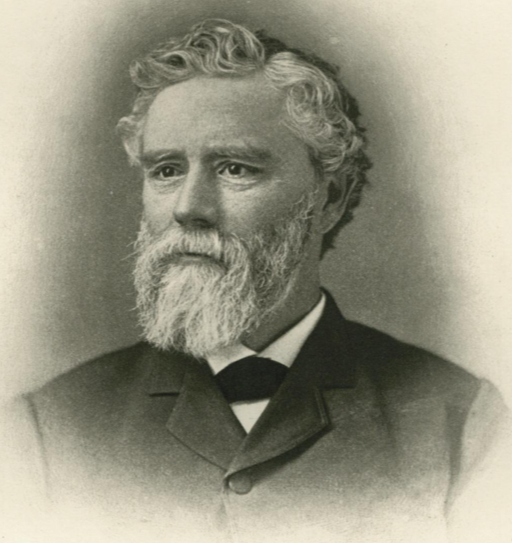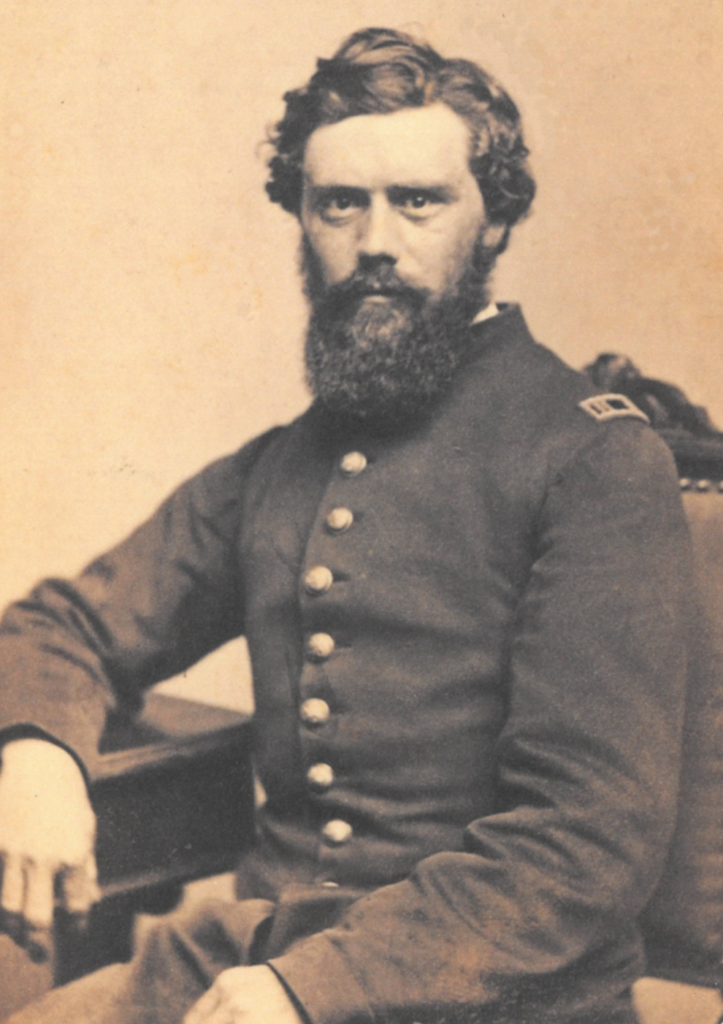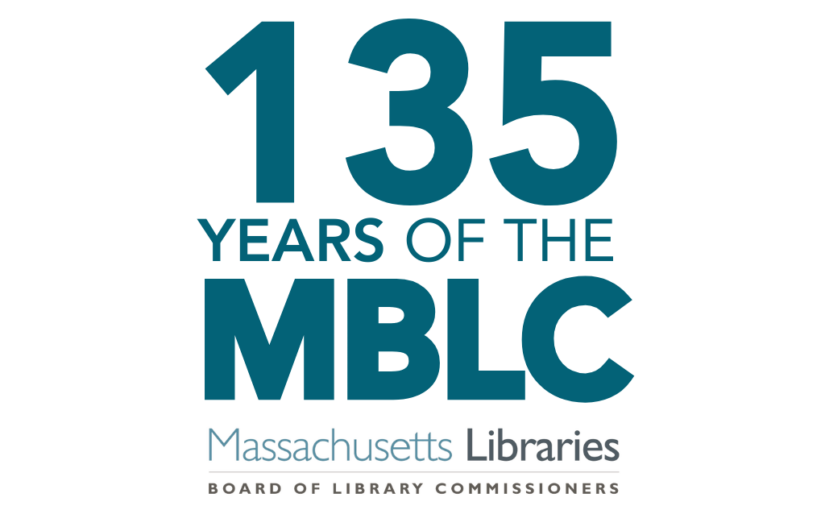
Henry Stedman Nourse (of Lancaster, 1831-1903) was a Civil War veteran who was part of General Sherman’s March to the Sea in 1864. He was a professor of ancient languages at Phillips Exeter Academy and a state legislator for the town of Lancaster. He was not only an avid historian of Lancaster’s local history but was also a member of many of the Commonwealth’s historical societies. Mr. Nourse took this passion to his work with libraries, which he saw as a “treasure house of local history.”
1. How did Commissioner Nourse champion libraries in Massachusetts?
Nourse was instrumental in establishing public libraries in towns across the Commonwealth as a library commissioner. His tireless advocacy for free public libraries emphasized their importance in education and community engagement. Nourse’s efforts ensured rural areas gained access to library resources, significantly contributing to the Massachusetts’ robust public library system.
2. How did Henry Stedman Nourse’s work challenge the cultural, social and/or political norms of the late 1890s and early 1900s?
Henry Stedman Nourse challenged the prevailing cultural norms of the late 1800s and early 1900s by working to promote the democratization of knowledge. He advocated for public libraries to provide free access to books and learning for everyone, regardless of socioeconomic background or geography. This was a shift from elitist norms of the time, as he supported literacy and education as universal rights, laying the groundwork for intellectual freedom.

3. What personal experiences shaped Nourse’s tenure as a Commissioner?
After serving in the Civil War, Nourse returned to Lancaster to find that the town had established an institution that functioned both as a public library and a memorial for Civil War veterans, which inspired him to contribute significantly to the community. He served on the Lancaster School Committee and Library Board (now the Board of Trustees), in addition to becoming one of the founding Commissioners of the MBLC.
4. How does Nourse’s impact still resonate in today’s libraries, and what can we learn from his legacy?
Henry Stedman Nourse’s work as a library commissioner in Massachusetts still resonates today through his focus on accessibility and community engagement. Nourse even donated his sizable collection of historical artifacts to the Town Museum to ensure access for generations to come that you can visit today at Thayer Memorial Library. As a pioneer for public libraries, Nourse’s vision established libraries as inclusive community hubs. His legacy emphasizes the importance of equal access to information, ensuring libraries remain vital pillars in our communities.
5. An MBLC Favorite Quote about Commissioner Nourse:
“The services performed by Mr. Nourse as a public-spirited citizen, for the benefit of his town and his state, can hardly be estimated at their full value…for he sounded no trumpet before him. In both branches of the state legislature, on the library commission, as trustee of the Worcester Insane Hospital, as member of the state board of charity, on the school committee and the library board of Lancaster — in all these relations, and many more, his courtesy, candor and good sense, his disinterestedness, his unshrinking readiness to do his full share of whatever was to be done, are gratefully remembered and spoken of by all who were associated with him.” (Samuel S. Green, 1904)
6. Fascinating Fact about Henry Stedman Nourse:
Nourse is a descendant of Rebecca Nurse, one of the women hanged as a witch in Salem in 1692.
Do you know a public official that reminds you of Nourse? The Henry Stedman Nourse Award honors a public official whose work has whose work has helped to create groundbreaking change for Massachusetts public libraries.

Leave a Reply